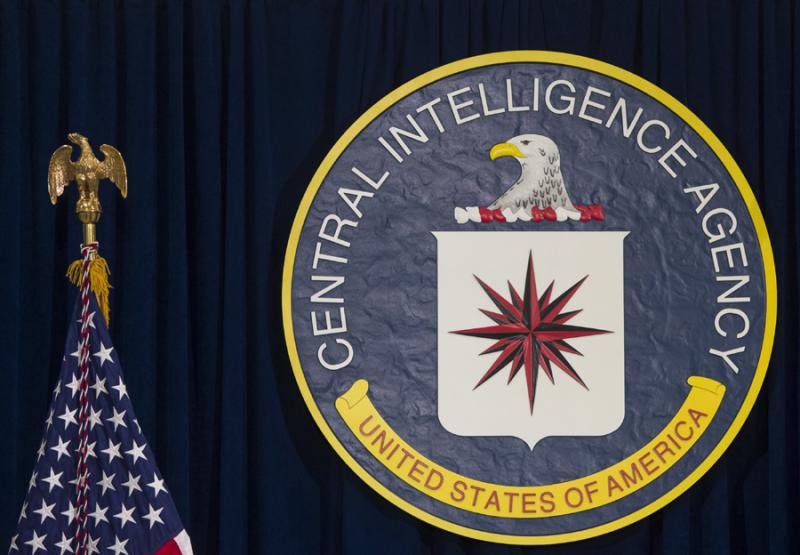Why conspiracy theories thrive in the Middle East
Conspiracy theorists are found in every country but they seem to thrive most in the Arab world. There are possibly valid reasons for that.
It can be linked to the region’s politics and evolution of its societies. Yes, the region’s politics can and do influence believers in conspiracy theories.
Such theories diminish scientific reasoning, taking over as the main interpretative mode. People in the region can reclaim their destiny once they steer away from conspiracies and perceptions of overwhelming powers they cannot fight.
At its apex, Arab-Islamic civilisation shone all over the world based on the primacy of science and reason. An almost lost legacy.
There is a widespread belief today across the Arab world, often shared by the region’s social media networks, that just about anything that happens in the region is part of a greater plot concocted by the CIA to undermine the people and governments of the region.
The words “conspiracy theories” are immediately thrown in any debate with the hope of providing some rationale to an otherwise unintelligible — and demoralising — political reality.
No topic is too small or inappropriate to such treatment. Issues such as private lives of celebrities — be they in the business world, entertainment or sports — are fair game for conspirators.
One topic seems to come in at the top in the Arab world — politics — and the whims of US politics and Washington’s role in determining the destinies of countries of the region. Once that role comes into focus, the CIA is not far behind.
Whether it be US missions to the moon or sending spacecraft to Mars, many Arabs remain sceptical of US motives.
The US mission to the moon ranks high on conspiracy theorists’ list of topics. They are convinced that Americans never walked on the moon and that the entire moon landing was fabricated inside a Hollywood-style studio.
Some governments in the region, as well as Islamist movements, encourage the conspiracy spin because it has proven a valuable tool for explaining actions beyond their control or contrary to their narratives, especially if it has to do with Israel or the West.
It spares many the trouble of admitting much of the blame could go to mindsets that remain detached from reason and reality. Conspiracy theories enable those who espouse them not to deal with their inability to handle real issues and real problems.
Among the favourite topics prevalent in the region — from Morocco to Yemen and from Syria to Egypt — is anything related to US regional clout and, to narrow it down a bit, any CIA-inspired plot.
Any major political event — and often if the rumours are juicy enough these conspiracy theories do not need to be limited to major events — is said to be the work of the spy agency.
If one tries to reason with conspiracy theorists, they reply that the CIA has the resources to hire as many people as it wants and is authorised to spend as much money as it deems necessary, given that its operating budget is classified.
Almost on an equal pedestal as the CIA in carrying the blame for the shortfalls and associated calamities that visit the Middle East is the Israeli external intelligence agency, Mossad, aided by the powerful Zionist lobby in the United States.
Too many Middle Easterners continue to believe that Zionists, combined with the power and influence of the CIA, can appoint or remove an American president as well as install or remove leaders around the Middle East as though they were pawns in a giant chess game.
Combine rumours, conspiracy theories and war and what comes about is an even more powerful vehicle by which to disseminate crude, but highly effective, “fake news.”
Only bringing back the primacy of reason will save the Arab world from the distorting prism of conspiracy theories.
Claude Salhani is a regular columnist for The Arab Weekly.
This article was originally published in The Arab Weekly.







